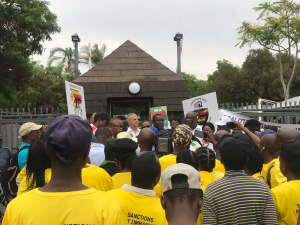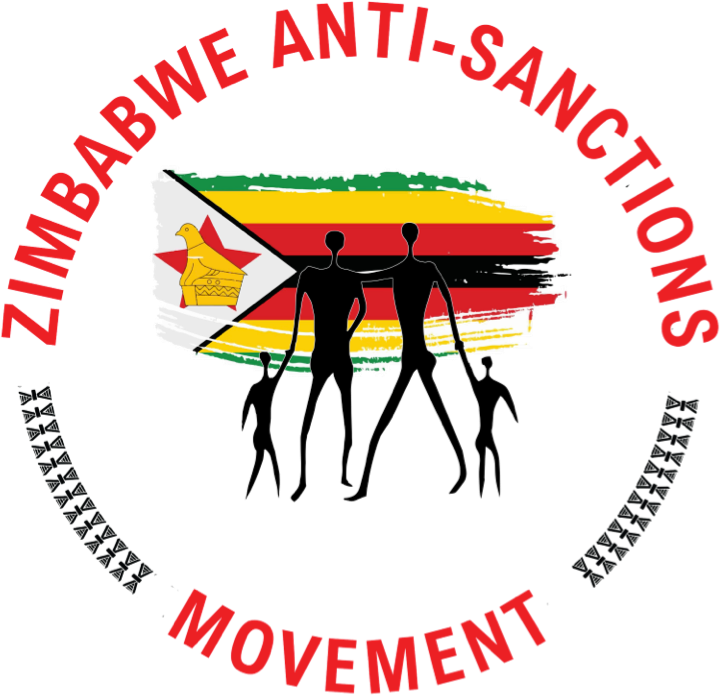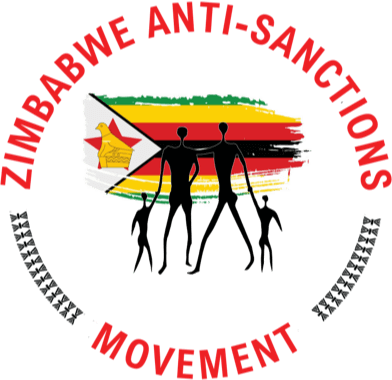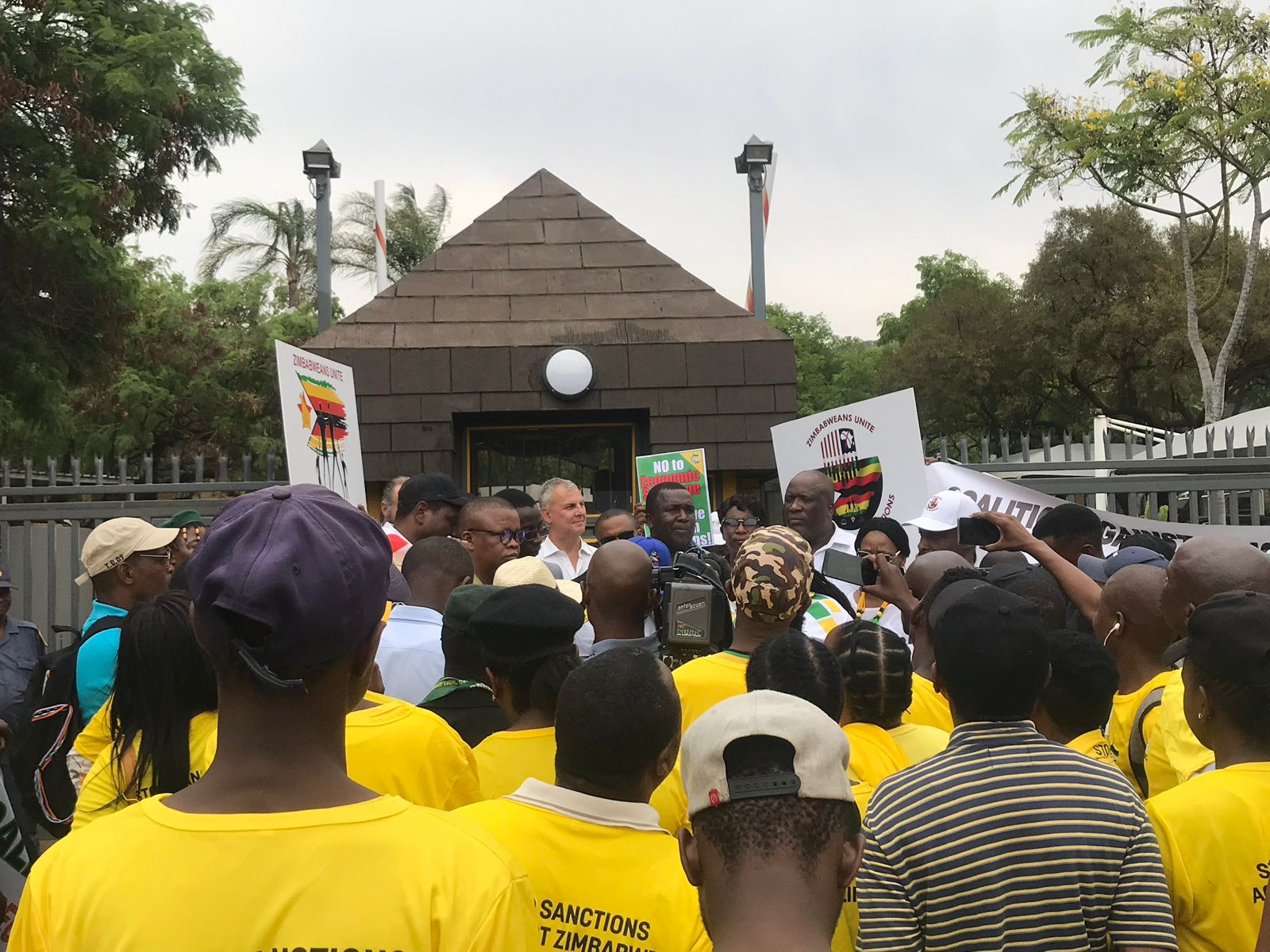 When I wrote the ZUAUWS and ZASM anti-sanctions strategy in 2018, it was taken by our security system and given to ZANU PF. In it I proposed regional marches and demonstrations against the collective punishment/persecution of civilians by western economic sanctions, as a means for Zimbabwean civilians to notify the world that they were suffering under a western engineered crime against humanity.
When I wrote the ZUAUWS and ZASM anti-sanctions strategy in 2018, it was taken by our security system and given to ZANU PF. In it I proposed regional marches and demonstrations against the collective punishment/persecution of civilians by western economic sanctions, as a means for Zimbabwean civilians to notify the world that they were suffering under a western engineered crime against humanity.
Even though ZANU PF Zanufied the Zimbabwe marches, our marches in South Africa, especially the 2019 one had more ANC, PAC and civilian marchers that it got the world and regional countries to see through South African media, Zimbabwe’s plight.
Our meetings with the ANC, our lawsuits against sanctions implementors, us involving the UN Human Rights Council in the Zimbabwe anti-sanctions fight and our TV interviews on international platforms, in turn convinced the South Africa government that the refugee crisis in their country and the region was due to sanctions. As a result they stop deporting Zimbabweans and decided to champion the fight against Zimbabwean sanctions on all its international engagements.
The problem is now ZANU PF are trying to use the same mass mobilization strategy to pressure the US to remove sanctions on individuals maliciously labeled as corrupt and violating human rights.
Sadly, this is the wrong strategy as sanctions on individuals don’t constitute collective punishment of civilians or a crime against humanity. As such, such a mass campaign drive by ZANU PF members will not achieve as much regional solidarity as mass civil society protests of the previous years to release civilians from sanctions.
In this case, the people who are being vindictively portrayed by the U.S. as being corrupt and violators of human rights are best served by using the courts to clear their names and to show their publics that they are not enemies of the people.
Every day that passes with these individuals not going to court to prove their innocence, the more the public believes the notion that they are being punished for violating their human rights or corruptly appropriating the nation’s purse.
Furthermore, it makes them come across as self-centered in that they benefit alone from their wealth but when they are under sanctions they want to use civilians (ZANU PF masses) to fight their personal sanctions instead of using their wealth to fight for their own interests.
Just a few weeks ago I met a senior ANC official who said to me that now that sanctions are gone we are now deporting Zimbabweans to go back and build Zimbabwe. He also intimated that the ANC will not be so lenient with ZANU PF in the 2028 elections because sanctions are no longer giving the opposition an unfair advantage.
The statements above portend to the fact that the South African government believes it did enough to remove sanctions on Zimbabwe and now they will be more willing to hold their neighbor accountable for the refugee spillover into their country.
The reason you are seeing ZANU PF being oblivious to the change in sentiment in South Africa and the disconnection of their current anti-sanctions tactics, is because the current anti-sanctions campaign is being executed by people who lack knowledge about sanctions and who didn’t write the strategy that succeeded before.




